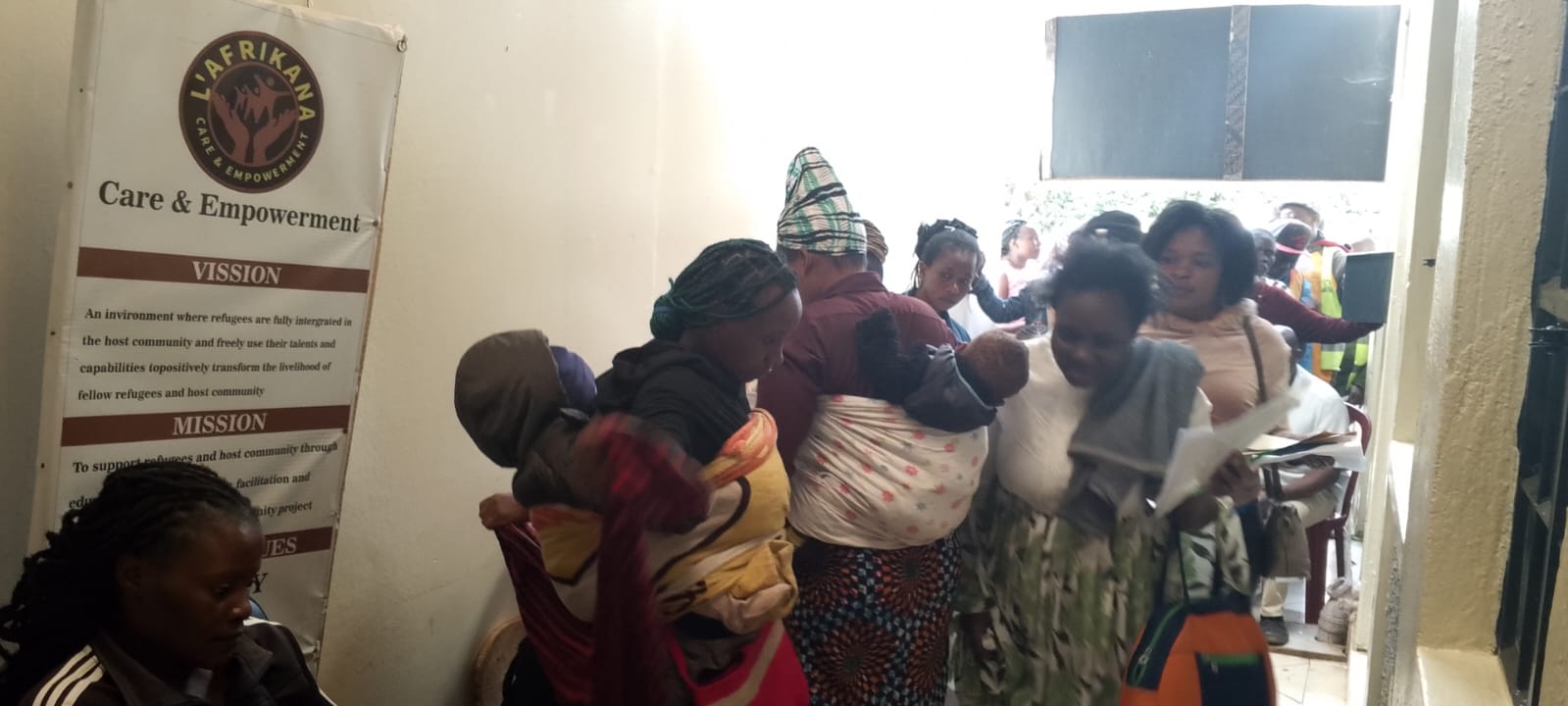“Unlocking Economic Opportunities: Kenya’s Journey Toward Refugee Inclusion” Details

“Unlocking Economic Opportunities: Kenya’s Journey Toward Refugee Inclusion”
Introduction: Kenya has taken significant steps toward promoting economic inclusion for refugees. With the enactment of the new Refugee Act in February 2022, there are promising developments that can positively impact the lives of displaced individuals. In this article, we’ll explore what the new legislation means for refugees’ economic participation and discuss the challenges they still face. ________________________________________ 1. The New Refugee Act: A Paradigm Shift Kenya’s Refugee Act introduces critical changes related to economic inclusion, integration, and refugee status determination. Refugees now have the right to engage in gainful employment or enterprise, as well as practice their professions or trades if their qualifications are recognized by competent authorities in Kenya1. This provision opens doors to the labor market, allowing refugees to contribute to the national and local economy.
2. Challenges on the Path to Economic Inclusion While the new Act is a positive step, some challenges persist: • Qualification Recognition: Refugees must have their qualifications recognized by the Kenyan National Qualifications Authority. This process can be complex, involving certification and approval from relevant professional bodies. Imagine a refugee in Kakuma camp needing to travel to Nairobi for document certification—a lengthy journey indeed. • Document Accessibility: Many refugees flee conflicts, leaving behind essential documents. Obtaining copies of diplomas and qualifications achieved in their home countries becomes an additional hurdle. ________________________________________ 3. Freedom of Movement: From Camps to Designated Areas The new Act replaces the term “camps” with “designated areas.” Refugees are no longer strictly confined to camps; they can reside in these designated areas. However, questions arise about the definition of these areas and how they align with refugees’ freedom to choose where they live1. Balancing security concerns with refugees’ autonomy remains a delicate task. ________________________________________
4. Localizing Global Commitments Kenya’s progress aligns with the Global Compact for Refugees, emphasizing self-reliance. Economic inclusion is a key component, and Kenya’s comprehensive framework reflects this commitment. By integrating refugees into subnational county development plans, access to education and essential services—including health—is prioritized2. ________________________________________ Conclusion: A Collective Effort As we write this article, let’s celebrate the strides made while acknowledging the work ahead. Economic inclusion isn’t a solo endeavor; it requires collaboration among NGOs, government agencies, and international partners. L’Afrikana’s dedication to this cause exemplifies the spirit of collective action. Together, we can create pathways for refugees to thrive, contribute, and build brighter futures. ________________________________________
-
Call Us
-
Email
-


